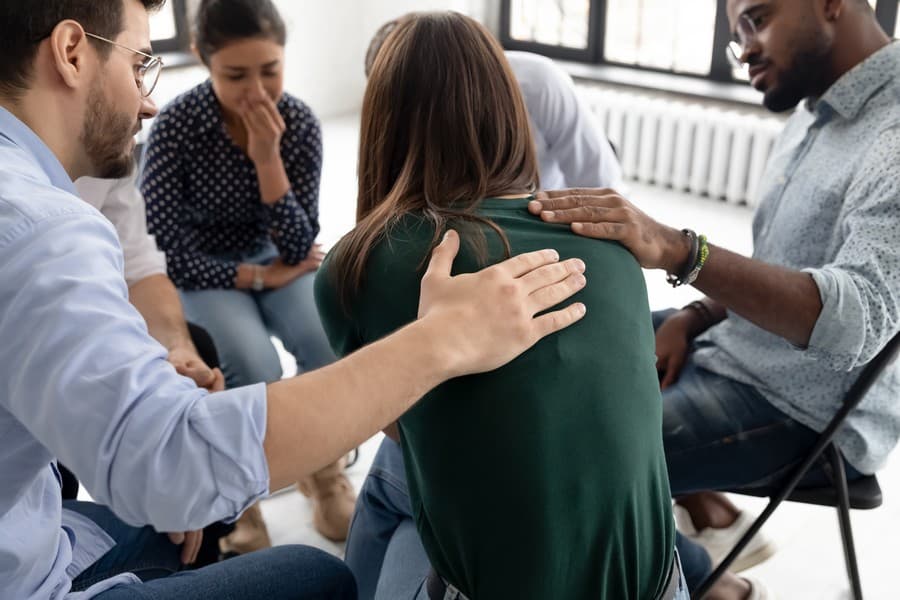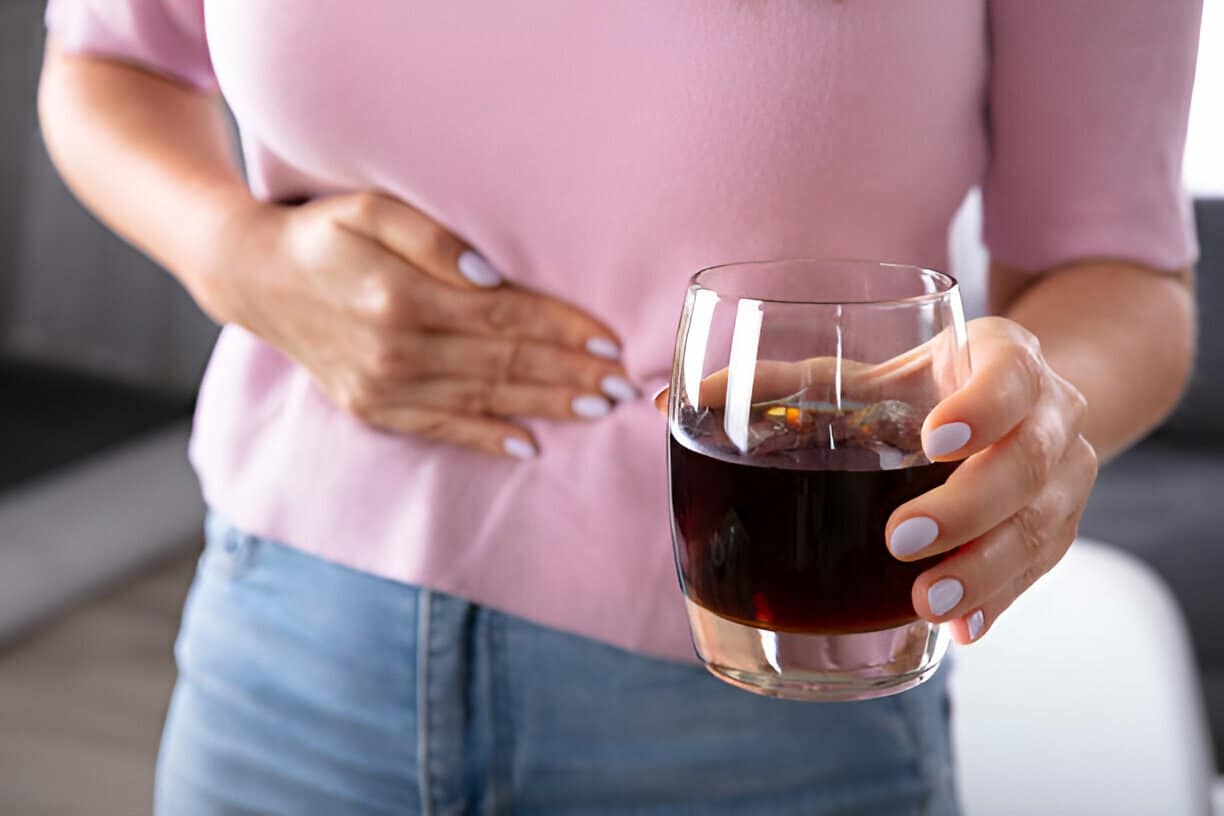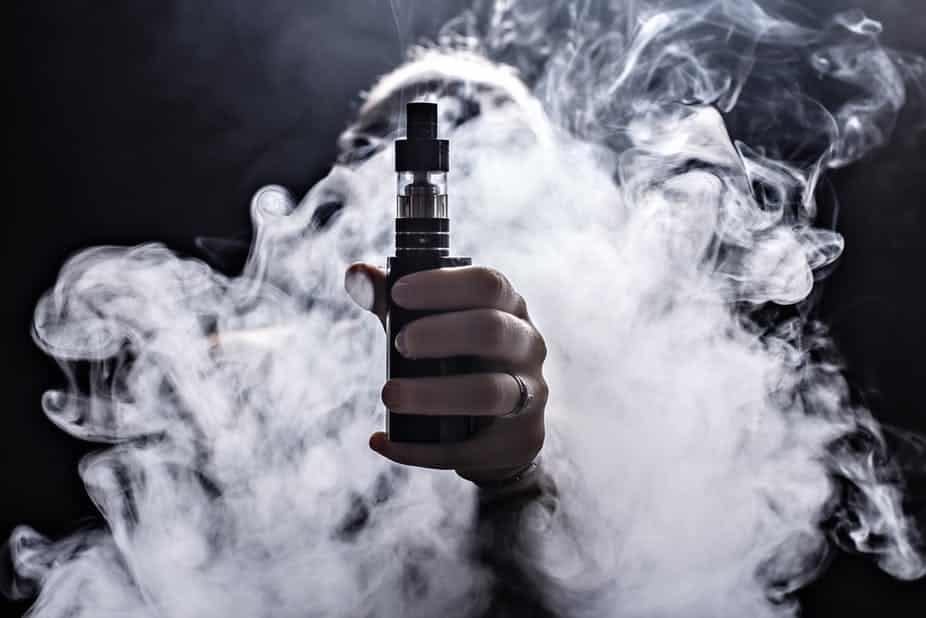Group therapy is a type of treatment in which a qualified therapist leads a group of patients through therapeutic sessions .These sessions are held regularly, either weekly or every day, in a residential treatment programme. The average number of clients in a group is 6 to 12, while there are usually 10 to 12 people in the group.

The goal of group therapy is to support individuals in overcoming their issues. Group therapy sessions for substance use disorders are designed to provide support, encouragement, and occasionally confrontation in order to overcome denial and improve the recovery process.
It’s vital to remember that 12-step programmes might not be considered “group therapy” in the strictest sense. In reality, they are distinct from group therapy in several ways. For example, they are not directed by a certified therapist, have no attendance restriction, do not normally cost money to attend, do not have as stringent an attendance regulation as group therapy sessions, and are not designed as therapy but rather as “support”.
If your loved one needs support dealing with an Alcohol Addiction, contact us today on 0800 999 1083. We can help you by recommending treatment options.
Many people suffering from addiction, behavioural disorders, and mental health problems experience loneliness and feel that no one understands them.
Individuals in treatment frequently have feelings of low self-esteem and inadequacy, but being a part of a group can help to alleviate these feelings. Members of the group are encouraged to support and motivate one another during group therapy, which has been shown to be beneficial in helping patients overcome a variety of emotional and psychological issues.
Some people find it difficult to talk about the issues that affect them, and they may be hesitant to discuss and open up in a group setting at first. Most will discover their voice and become more willing to share their own story as they become more familiar with the group and its members. They become more open and are no longer fearful of being criticised once they realise they are in a non-judgmental, supportive environment where everyone is in a similar circumstance.
Members know they will receive honest comments from other members during group therapy sessions, which are safe and helpful. The sessions will allow you to see yourself through the eyes of others and will emphasise your undesirable behaviours. These sessions will also allow you to enhance your relationships with others and with yourself.
Group therapy sessions can also be a great place to practise newly acquired skills and behaviours before applying them in a more formal setting. This type of session can help you enhance your connection skills, boost your confidence, and lessen your anxiety in social situations.
While many of the therapies used one-on-one can also be employed in a group environment, group therapy differs from other psychotherapies in that it emphasises teamwork and helps to enhance communication. It’s an excellent technique to increase self-knowledge and awareness of others and foster a sense of empathy for others’ feelings.
Individual counselling helps patients concentrate on their difficulties, whereas group therapy discusses issues to which the entire group can relate. As a result, group therapy involves simultaneous contact with the whole group rather than a one-on-one therapy session between counsellor and patient.
Many of the topics discussed in a group environment revolve around shared themes and triggers to the situation at hand rather than individual causes of poor behaviour. Although group therapy sessions are less intimate than individual counselling sessions, they offer the potential to improve interpersonal relationships.
For most people, group therapy will be employed in conjunction with other individual psychotherapies. As a result, a more comprehensive strategy for recovery is developed.
Group therapy plays an important role in a person’s recovery. However, when placed in a group, some people will strive to fit in and “passively” participate, meaning they will essentially listen. To encourage “active” engagement, group therapists employ a variety of tactics and techniques. Everyone in the group must engage by discussing and executing the therapist’s addiction group treatment tasks. These activities will help you heal faster.
The therapist may utilise the following approaches and activities to enhance active learning:
Various strategies and activities are used in group therapy sessions. Here are a few examples:

This section provides a quick overview of the five primary types of group therapy.
The goal of CBT is to recognise and change negative thinking. CBT promises to assist people in recovery and avoid relapsing by changing the way they think.
It is one of the most widely used and statistically validated therapies.
These events are geared toward informing guests about addiction and related issues like mental health. Instead of people discussing their challenges, these sessions are more akin to a school setting.
They can also offer advice on how to stay sober, live a healthy lifestyle, avoid triggers, and use mindfulness and relaxation techniques.
Skill development groups help people build the skills they need to live a regular, substance-free life.
A few examples are avoiding triggers, making sound financial decisions, managing anger, and social skills. These abilities are necessary in the real world, and their absence can lead to relapse among those in recovery.
Interpersonal process groups are the hardest to run, but they may also be the most productive.
They help people recover by addressing childhood issues, providing a positive group environment, and making connections between prior trauma and current substance misuse.
Support groups foster a helpful environment. Despite being a bit different from professional group therapy, these support groups may provide some of the professional groups’ advantages in a more flexible setting. Attendees are encouraged to share their experiences and talk about any problems they’re having. The therapist’s duty in these groups is to just listen and set a good example of support for the group’s other members.
Group therapy offers a safe environment in which to be vulnerable. You’ll overcome problems and improve your interpersonal skills and communication. Group therapy can be highly effective as part of addiction treatment.

It’s challenging to know when to go to therapy. However, there are some indicators that therapy may be an option.
If you’re battling addiction more than usual, finding everyday life more difficult than expected, or feeling generally angry, disturbed, or not “you,” therapy might be incredibly beneficial for you as you face daily challenges to happiness and well-being.
Additionally, if you are having problems with your addiction and want to meet individuals who are going through the same problems as you, group therapy may be a good option for you because it will be full of people who can support and empathise with you and understand your specific problems.
Addiction is frequently described as a lonely condition. Those who deal with it typically find themselves unable to communicate effectively with family members who are baffled as to why they continue to abuse a substance or engage in a risky activity.
Addiction recovery can be benefited from group therapy, which provides a supportive setting with companionship. Members of a group therapy session will be able to share their experiences and tales with other like-minded people, which will help them realise they are not alone. After completing their recovery programme, many members will become friends, and having a new network of individuals to rely on can aid in the prevention of relapse.
You will also gain from learning from others’ errors as part of a group therapy session. When you join a therapy group, you may discover that some are far ahead of you in their recovery. Listening to their stories and experiences can provide you with insight into how you should approach your own rehabilitation. You’ll learn how to prevent self-destructive behaviours and how to establish healthy coping techniques that you may apply when you return to your regular life.
Additionally, you will have the opportunity to practise these new behaviours in a group context before implementing them in the real world. Your help group can act as a safety net for you as you work to conquer your addiction.
Don’t go through the process of recovery alone. Treatment providers can answer your questions. Get in touch with one today.
Call 0800 999 1083 today!
The therapist has an entirely different role in group therapy than in individual therapy. The counsellor assists you in dealing with any concern or anxiety you may have about coming and speaking your opinion in a group therapy session. This relaxes you, makes you feel safe, and reassures you that your input is valued and welcomed.
The counsellor also gives the group structure, which helps to guide the group therapy session and keep it productive and supportive. The counsellor makes important rules like confidentiality, which is a cornerstone of ethical psychotherapy, explicit so that everyone feels comfortable sharing without fear of embarrassment or shame.
While you and the therapist drive the interaction in individual treatment, in group therapy, the counsellor acts to guide each group member to interact and discuss constructively, so you, in a sense, drive the therapy alongside the rest of the group.
Although group treatment can be equally as beneficial as individual therapy, there are several distinctions to be aware of.
Individual counselling entails delving into your past, insecurities, and worries and how they influence your current behaviour. This can be quite beneficial, but it is also a very emotional path. Group therapy, on the other hand, is focused on building relationships. It encourages you to communicate with and connect with others facing similar or even identical issues.
Relationship-based therapy works because it reassures you that you are not alone and that there are people around you facing similar issues who are prepared to help and support you. This is a universality principle. What you are going through is a global problem, not just a personal one.
Group therapy helps to develop and foster critical life skills such as socialising and relationship building and promotes an altruistic environment due to its group-based, social character. This is because individuals are encouraged to not only help and support you but also to offer your important ideas and expertise in order to help and support others in return.
When these factors are combined, you can have a sense of worth, belonging, and acceptance, as if you are just as essential to the group as the counsellor.
In group therapy for addiction, a unique dynamic will aid recovery. We are social beings, and even the most introverted person can benefit from group therapy sessions’ human connection. Here are three examples of such advantages:
Because they have trouble relating to others, many people turn to addictive substances. They may have issues with connecting and interpersonal connections. There could be many causes for this, ranging from childhood trauma to mental illness, but they’ve chosen substance abuse as a means of coping. As a result, isolation from others may be a coping mechanism. It could, however, be a catalyst for more substance abuse. By giving real opportunities for connection, group therapy helps to minimise isolation.
Members will share how they dealt with the week’s events during group therapy sessions. They may discuss how they conquered a challenge or how they succumbed to temptation. When one individual develops a technique for resisting the temptation or avoiding a relapse trigger, the entire group benefits. When someone in group therapy discusses a topic, it serves as a living lesson for everyone in the room.
You will be able to see the healing outcomes if you attend group therapy for a long time. It can be enlightening and powerful to witness someone else’s transformation and recovery from substance abuse. It offers you hope that you will be able to get to that place on your trip. Observing a person’s progress from struggle to recovery is energising for others who observe it.

There are a few drawbacks to be aware of as well. We’ll go over a few of them now:
Here are some key facts and figures to ponder to help you understand the concept of group therapy:

BACP accredited psychotherapist with 16 years experience working in mental health specialising in psychodynamic person-centred therapies treating those with a range of mental health disorders including anxiety, depression, OCD and Addiction.

Fill in your details and we’ll send you a message via SMS.

No matter where you live, there are drug and alcohol rehab options for you to discover. Treatment providers are waiting to answer your questions. Get started today.

Ever felt that gnawing ache or burning sensation in your gut after a night of drinks? You’re not alone. Stomach pain after drinking is a common complaint, and there are a few reasons why it might happen. Let’s delve into the science behind the discomfort and explore ways to soothe your stomach. The Irritating Truth: … Continued

Cocaine, a stimulant known for its short-lived burst of energy and euphoria, hides a dark side. Behind the initial high lies a dangerous potential for overdose, with severe health consequences and even death. This article delves into the world of cocaine overdose, equipping you with the knowledge to recognize the signs, understand the dangers, and … Continued

Adult smoking habits in the UK refer to how often and in what ways people aged 18 and above use tobacco. This includes everything from smoking cigarettes every day to occasionally lighting up, as well as using other tobacco products. Understanding these habits is important for several reasons: Public Health: Smoking causes many diseases that … Continued

Addiction in the UK is a complex issue that is connected to various aspects of society such as healthcare and law enforcement. It affects people from all backgrounds and has negative impacts on families, communities, and the entire nation. Understanding addiction involves not only looking at the uncontrollable use of substances and repetitive behaviors but … Continued

Don’t go through the process of recovery alone. Treatment providers can answer your questions. Get in touch with one today.
Call 0800 999 1083 today!








